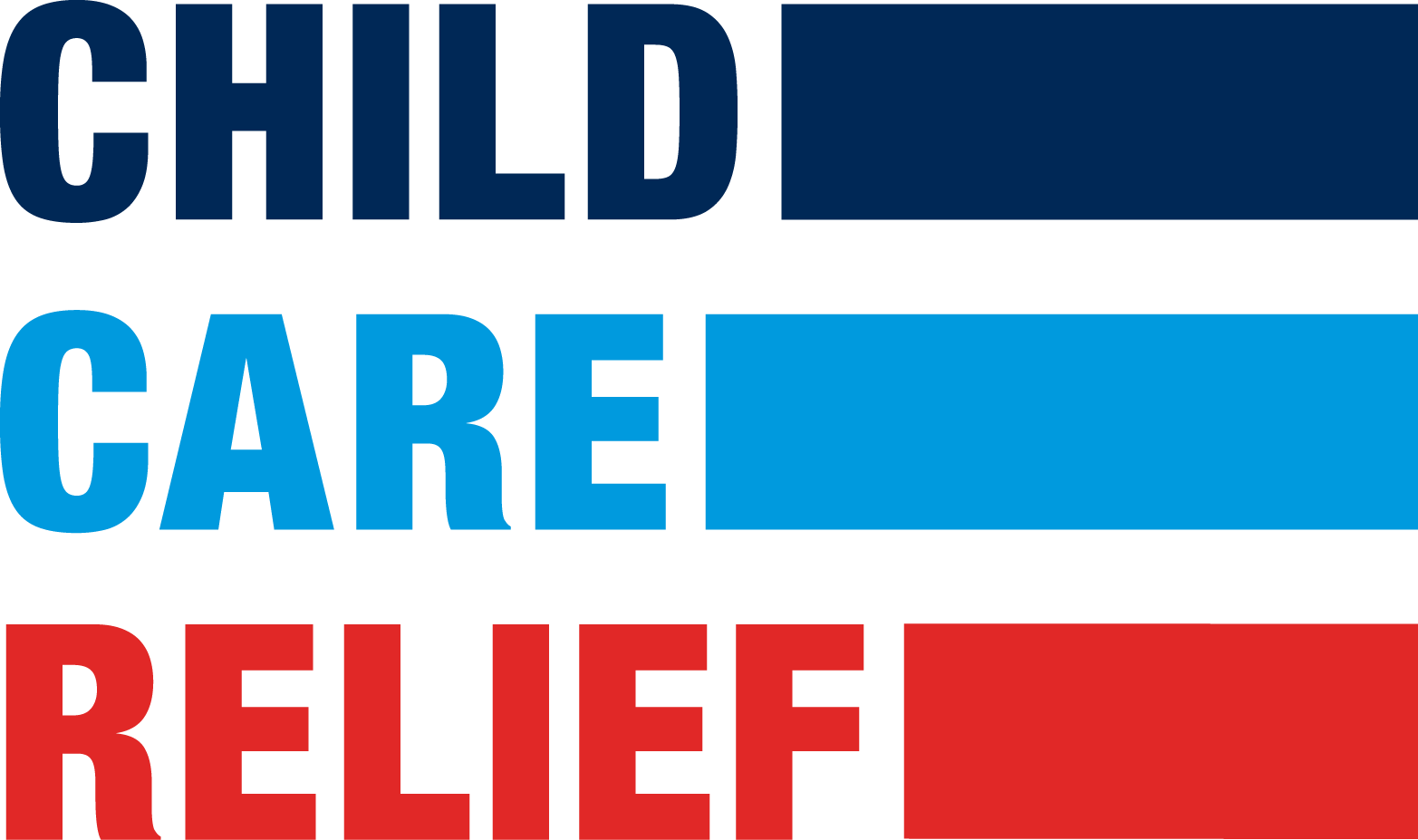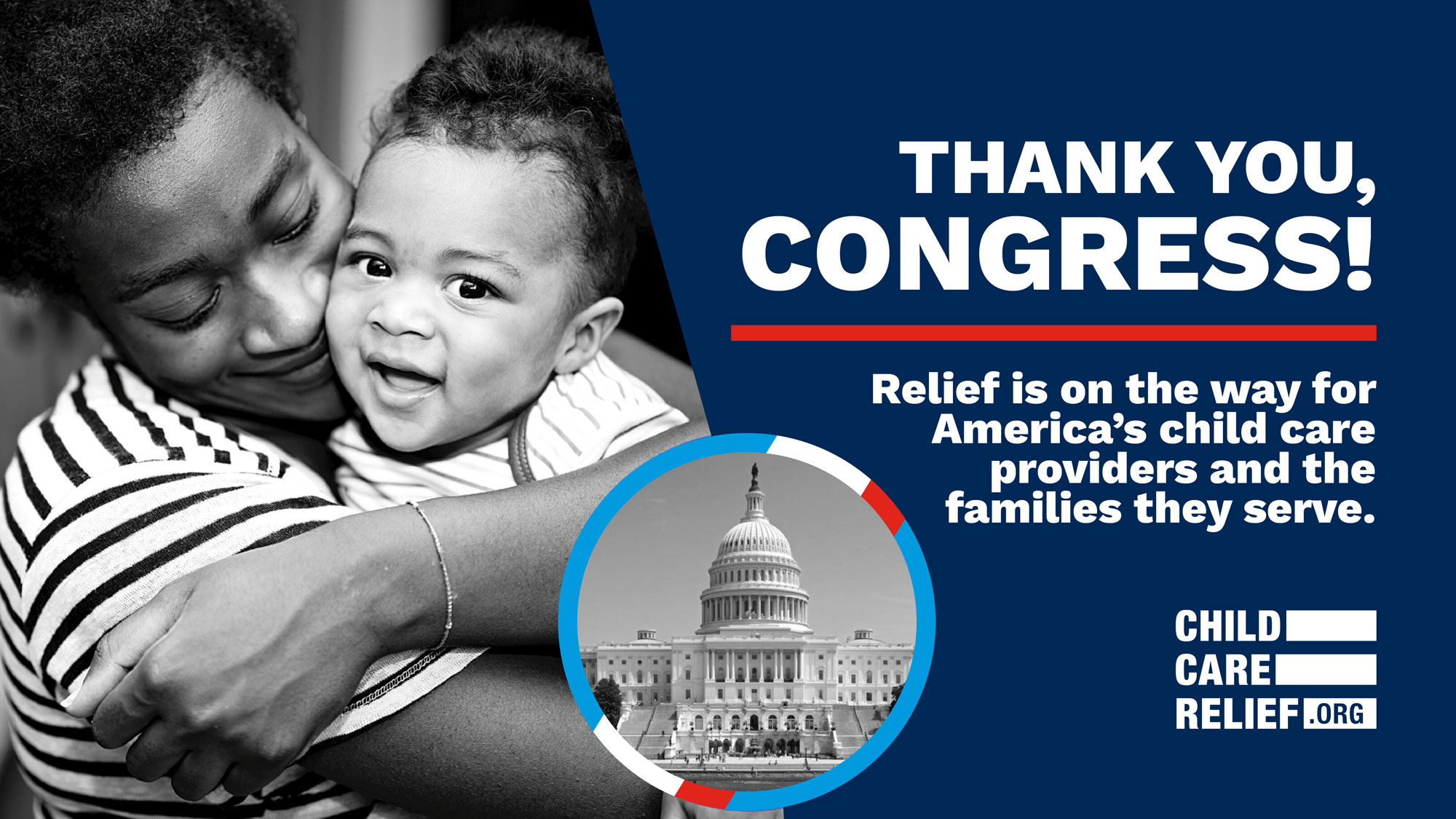
“We’re doing the best we can,” says Texas child care provider
This is the story of Pat Smith, owner of the Sweet Briar Child Development Center in Austin Texas. Smith’s story first appeared in The Hechinger Report.
Pat Smith, the owner of Sweet Briar, which has two locations in south Austin, is grateful for the financial support she has received from the state. The center has received state money for the children they serve who rely on state subsidies for care, even if those children haven’t been in attendance. Even more helpful, Smith said, is that the state has paid centers 25 percent more than the normal subsidy reimbursement rate, which typically falls below the actual cost of caring for children. That money came via federal funds provided to states through the CARES Act specifically for child care-related costs. The center was also paid by the state for serving children of essential workers.
But Sweet Briar has not avoided other changes that child care programs are experiencing; enrollment has dropped from 85 to about 50 kids, a number that fluctuates daily. Both Sweet Briar locations have stayed open to serve the children of essential workers throughout the pandemic, which has resulted in a constant learning curve as new information about the coronavirus and requirements for child care centers has changed. “It’s a roller coaster ride,” Smith said.
Many of the cleaning and sanitizing practices contained in the new regulations for child care centers were already in use pre-coronavirus at Smith’s center. Each day, the staff works diligently to ensure all new rules are followed and “nothing is falling through the cracks,” Smith said. That means both teachers and students are washing hands constantly and staff members are frequently sanitizing toys and surfaces. Touch points on the playground, like rubber grippers on swings, are cleaned between classes. In the past, infant classrooms were the only rooms with buckets to collect toys that kids put in their mouths. Now every classroom has a “soiled toy bucket” in which toys are promptly deposited after being whisked away from children who sneeze or touch an item with their mouth. Parents are no longer allowed to enter the center to drop off or pick up children — staff escort the children to and from their parents each day.
Staff wear masks at all times; employee and child temperatures are taken daily. Any symptom of illness or rash, even something that may have not been much cause for concern in the past, now results in a child being immediately isolated and then sent home. During circle time, children must spread out, away from each other. While groups of both 3- and 4-year-olds would play together outside in the past, now just one age group uses the playground at a time. At one of the center’s locations, a portable handwashing station was installed by the playground.
To make the additional work manageable, Sweet Briar shortened its operating hours by 30 minutes in the morning and evening; now it opens at 7:15 a.m. and closes at 5:30 p.m., something Smith says has made an immense difference. “It makes it much more manageable,” she said. “If we were operating as we were prior to Covid, we’d have to hire two more people. The shorter hours, the lower numbers [of children] are making it more feasible.”
The precautionary measures Sweet Briar has put in place are meant to lessen the transmission of the virus between children and also between caregivers. Smith said staff members frequently hold each other accountable for maintaining safe practices outside of work, light-heartedly reminding each other not to go out on the weekends and to keep a safe distance from their mothers and grandmothers to spare them exposure to germs. They’re also keeping distance from each other when at the centers. “Teachers are not socializing,” Smith said. “You can’t mingle in the kitchen. You can’t chat at nap time.”
Teachers at Sweet Briar said there are some benefits to the new status quo, like smaller class sizes that allow them to focus more on individual students. On a recent afternoon, at Sweet Briar’s larger Sandra Street location, three children sat at a table by a door, held open by Smith to allow a visitor to watch from a safe distance. Their teacher circulated to see if anyone needed help as the children cut out pieces of red paper and glued them onto colorful paper hats. Several other students were spread out participating in free play in the classroom. The children did not seem fazed by the mask their teacher was wearing. “They think it’s cool,” their teacher said laughing.
There have been challenges. The center’s washing machine recently stopped running, something that would have been a minor inconvenience in the past but is critical now that teachers must wash children’s nap mats and blankets each week to comply with the new regulations.
And one thing continues to worry Smith: that her shorter hours won’t remain viable for many parents if they lose flexible schedules and return to set work hours. She hopes that both parents and employers will stay patient as the nation struggles with the pandemic.
“We are managing. It just is something that we’re mucking through every day,” Smith said. “I think everybody understands we’re just doing the best we can.”
